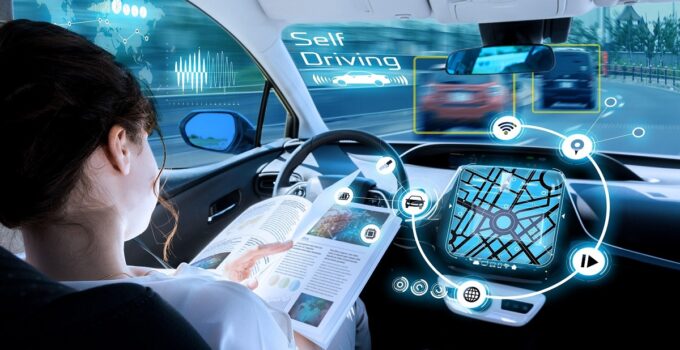Self-driving cars were expected to revolutionize transportation, yet they haven’t taken over our roads. What’s holding back this high-tech transformation?
1. High Development Costs

Image Credit: Shutterstock / Korawat photo shoot
Creating self-driving technology requires enormous investments, with estimates reaching up to $16 billion by 2025. This drives up costs and slows progress, as companies need substantial funding to develop reliable systems.
2. Regulatory Hurdles

Image Credit: Shutterstock / Motortion Films
Strict regulations and lack of standardization across states create significant roadblocks for autonomous vehicles. For example, California requires a permit for testing, while Arizona has fewer restrictions, leading to inconsistency and confusion.
3. Safety Concerns
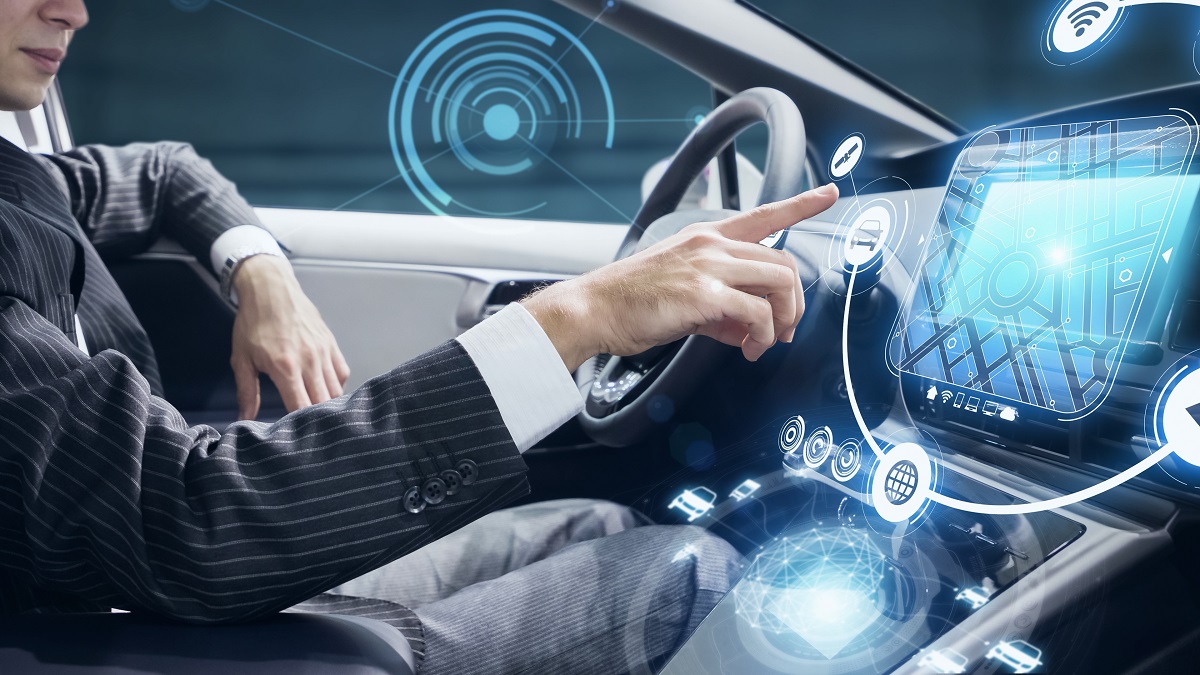
Image Credit: Shutterstock / metamorworks
Ensuring that self-driving cars are safer than human drivers is a critical challenge. A 2020 RAND Corporation study found that autonomous vehicles need to drive hundreds of millions of miles to prove they are safer than human-driven cars, a daunting task.
4. Public Trust Issues

Image Credit: Shutterstock / riopatuca
Many people remain skeptical about the safety and reliability of self-driving cars. A 2023 AAA survey revealed that 71% of Americans are afraid to ride in fully autonomous vehicles, reflecting widespread distrust.
5. Technological Limitations

Image Credit: Shutterstock / alexfan32
Current technology still struggles with complex driving scenarios, such as heavy rain, snow, and busy urban environments. Tesla’s Full Self-Driving Beta, for example, has faced criticism for failing in challenging conditions, highlighting the limitations.
6. Liability and Insurance Questions

Featured Image Credit: Shutterstock / Pressmaster
Determining liability in accidents involving self-driving cars is complicated and unresolved. Insurance companies are cautious, as seen in the case of Uber’s self-driving car fatality in 2018, which led to legal battles over responsibility.
7. Infrastructure Needs

Image Credit: Shutterstock / Pand P Studio
Self-driving cars require advanced infrastructure, such as high-definition maps and 5G networks, which are costly and time-consuming to implement nationwide. A McKinsey report estimates the cost of updating infrastructure to support autonomous vehicles could reach $4 billion per city.
8. Cybersecurity Risks

Image Credit: Shutterstock / Virrage Images
Autonomous vehicles are vulnerable to hacking, posing significant security risks. A 2021 report by Upstream Security highlighted over 150 cyber incidents involving cars in the last decade, underlining the need for robust cybersecurity measures.
9. Ethical Dilemmas

Image Credit: Shutterstock / metamorworks
Programming cars to make ethical decisions in unavoidable accidents remains a controversial and unsolved issue. The “trolley problem” is a well-known ethical dilemma that self-driving algorithms must navigate, raising complex moral questions.
10. Mixed Traffic Environments

Image Credit:Shutterstock / BACHTUB DMITRII
Self-driving cars must coexist with human-driven vehicles, creating unpredictable and challenging driving conditions. Research by the University of Michigan found that mixed-traffic environments significantly increase the complexity of autonomous vehicle navigation.
11. Weather Challenges

Image Credit: Shutterstock / Galina_Lya
Adverse weather conditions can impair sensors and navigation systems, reducing the effectiveness of self-driving technology. For example, LiDAR, a key technology in autonomous vehicles, struggles with heavy rain and snow, limiting its reliability.
12. Complex Urban Areas

Image Credit: Shutterstock / Ryan DeBerardinis
Navigating densely populated and dynamic urban environments is still a significant hurdle for autonomous cars. A 2022 MIT study showed that self-driving cars have higher error rates in urban settings compared to highways, demonstrating the difficulty of urban navigation.
13. High Costs of Sensor Technology

Image Credit: Shutterstock / Rawpixel.com
The sensors and hardware required for self-driving cars are expensive, keeping prices high for consumers. A single LiDAR unit can cost up to $75,000, making the overall cost of autonomous vehicles prohibitive for many buyers.
14. Long Development Timelines
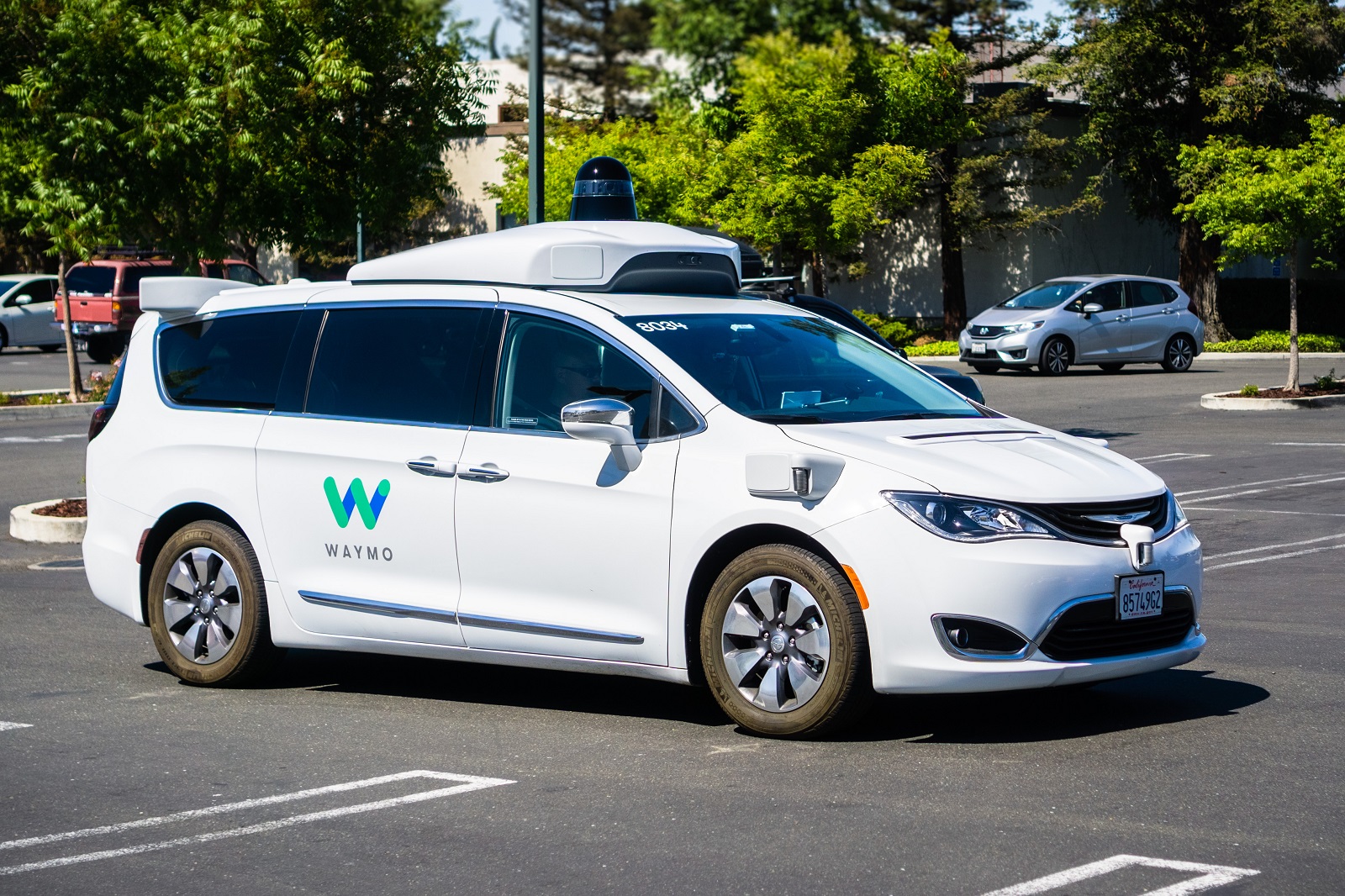
Image Credit: Shutterstock / Sundry Photography
Developing reliable and safe self-driving technology takes years, slowing down the rollout of these vehicles. Waymo, a leader in autonomous driving, has been testing since 2009 and still faces significant challenges in perfecting its technology.
15. Dependency on Maps
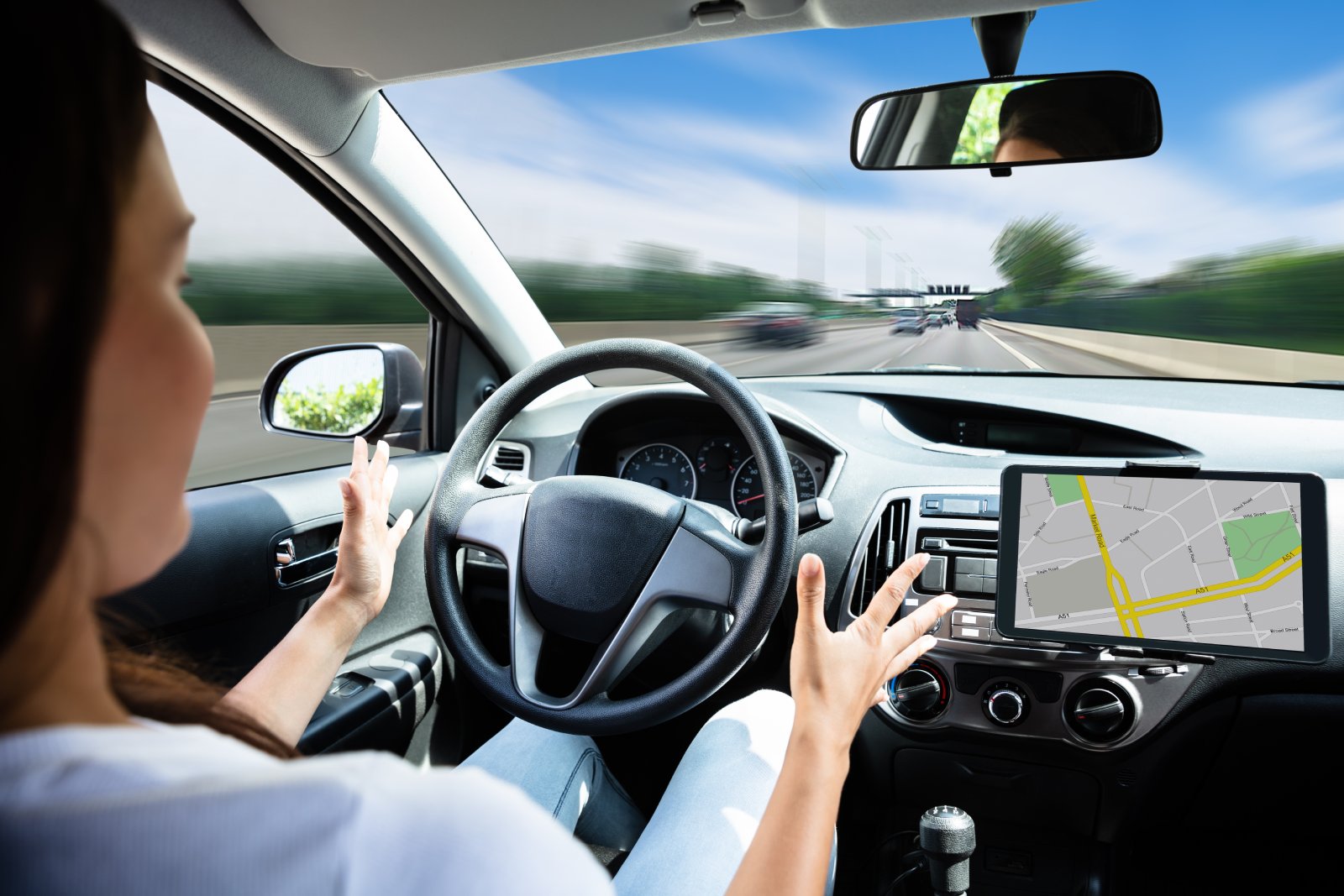
Image Credit: Shutterstock / Andrey_Popov
Self-driving cars rely heavily on precise maps, which must be constantly updated, adding another layer of complexity. Mapping the entire U.S. with the detail needed for autonomous driving is an ongoing and resource-intensive process.
16. Slow Regulatory Approval
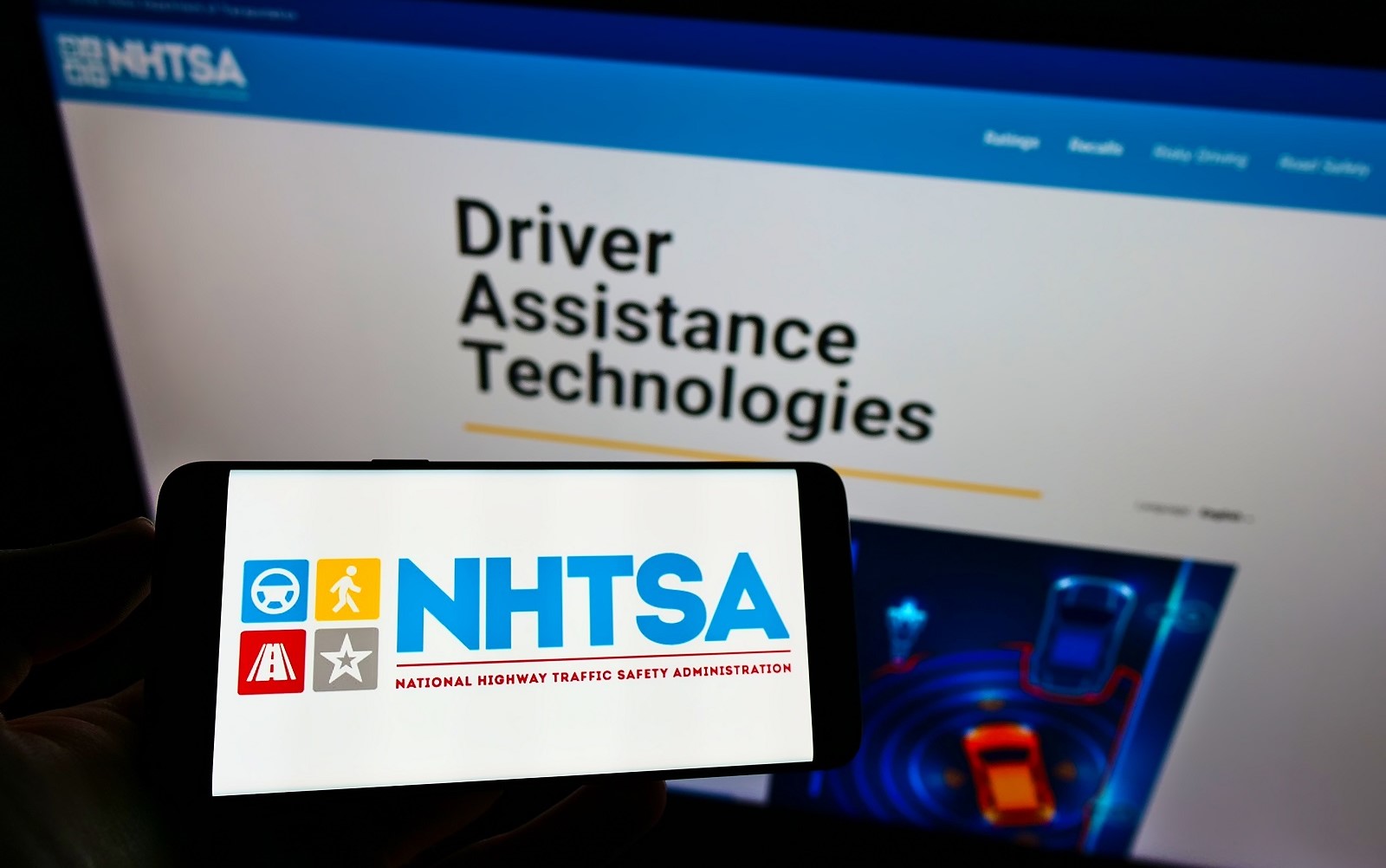
Image Credit: Shutterstock / T. Schneider
Gaining approval from regulatory bodies for testing and deployment is a slow and cumbersome process. The National Highway Traffic Safety Administration (NHTSA) has been cautious in approving new autonomous technologies, contributing to delays.
17. Limited Testing Areas
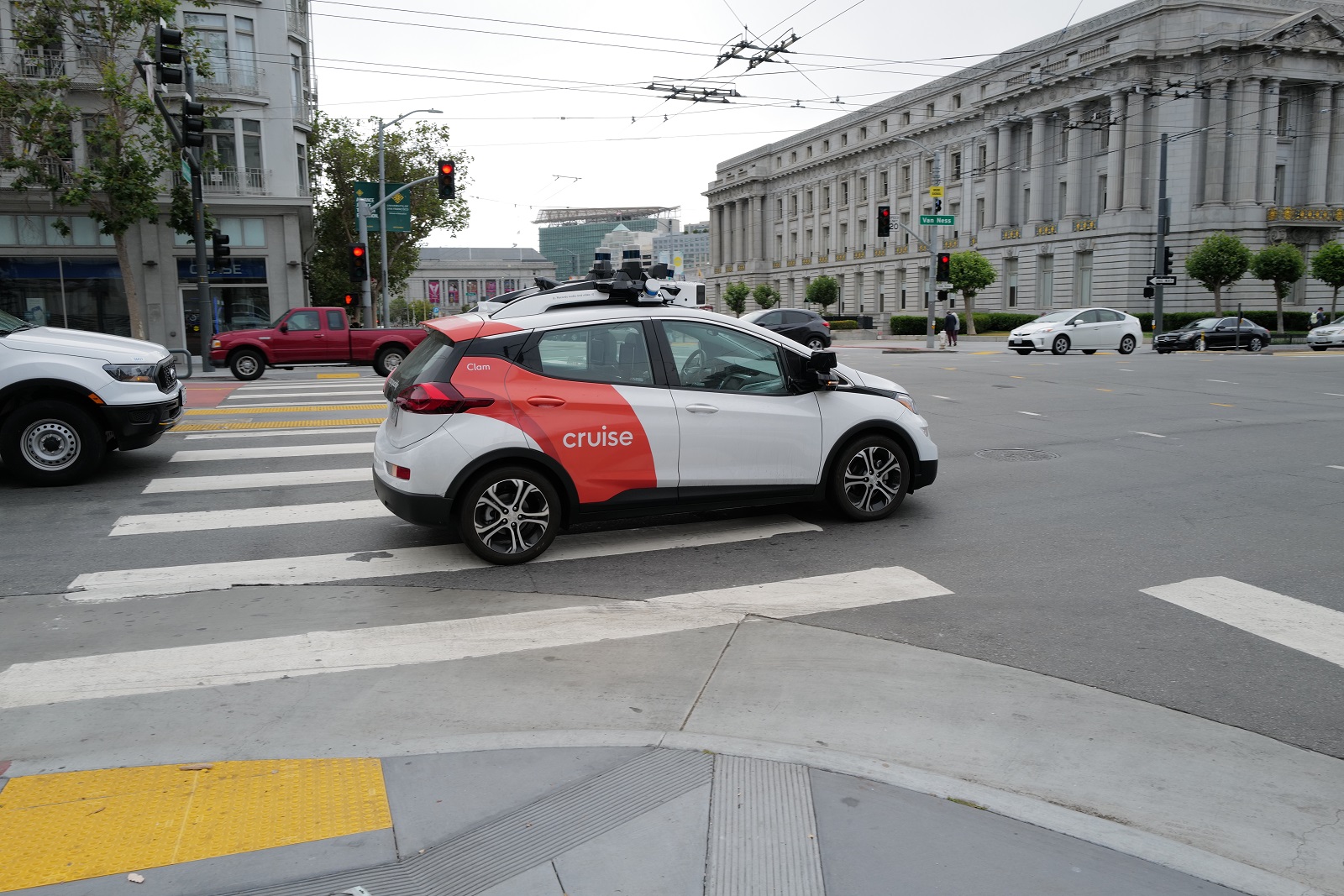
Image Credit: Shutterstock / Phil Pasquini
Testing of self-driving cars is often restricted to specific areas, limiting the breadth of data and experience. Companies like Cruise and Waymo primarily test in cities like San Francisco and Phoenix, which doesn’t account for the diverse conditions across the country.
18. Integration with Public Transportation
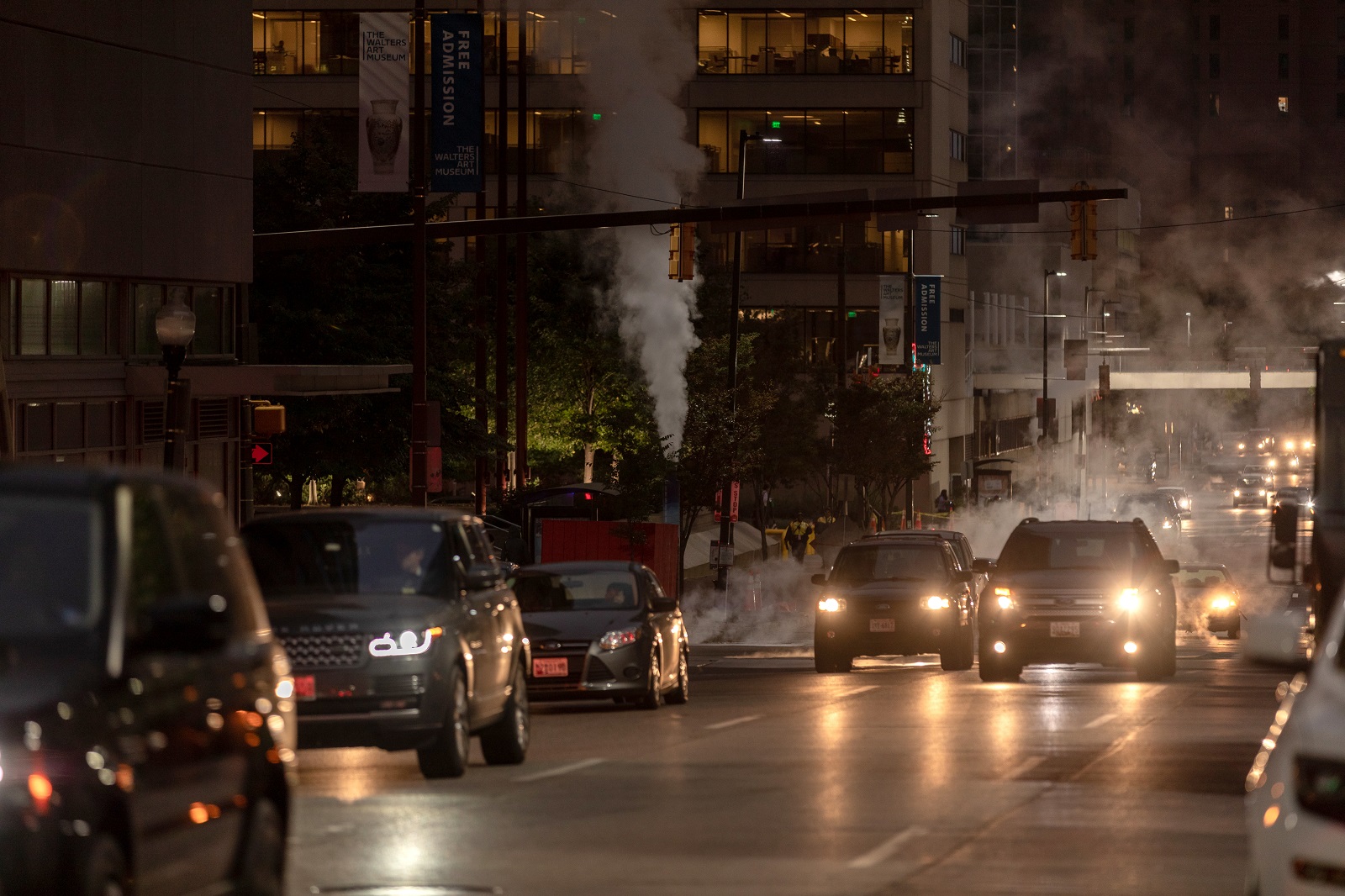
Image Credit: Shutterstock / photosounds
Incorporating self-driving technology into public transportation systems presents additional logistical challenges. Pilot programs in cities like Las Vegas and Jacksonville have faced technical and operational issues, slowing wider adoption.
19. Consumer Cost Barrier

Image Credit: Shutterstock / Natee Meepian
The high initial cost of self-driving cars is a significant barrier to entry for many consumers. A 2023 report by KPMG found that autonomous vehicles could be up to 50% more expensive than traditional cars, limiting their market penetration.
20. Job Displacement Fears

Image Credit: Shutterstock / Tong_stocker
Concerns over job losses in driving-related industries create resistance to the widespread adoption of autonomous vehicles. The American Trucking Association estimates that up to 3.5 million truck driving jobs could be at risk, leading to significant pushback from labor groups.
21. Battery Life Issues

Image Credit: Shutterstock / Standret
Electric self-driving cars face challenges with battery life, especially on longer trips or in demanding conditions. Research by the International Council on Clean Transportation shows that current battery technology reduces range significantly when powering autonomous systems.
22. Data Privacy Concerns
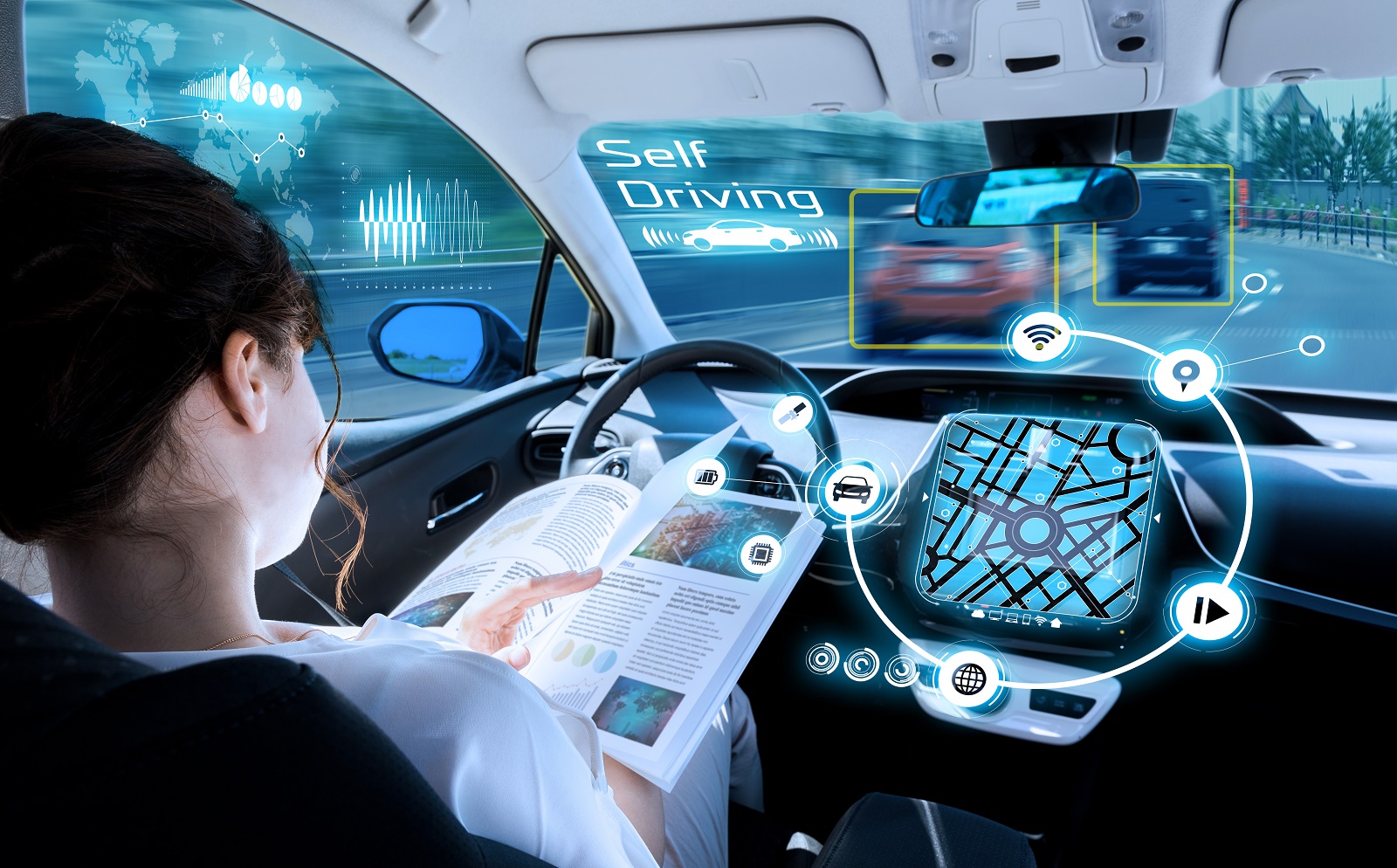
Image Credit: Shutterstock / metamorworks
The vast amount of data collected by self-driving cars raises privacy issues that need to be addressed. A 2022 study by the Electronic Frontier Foundation highlighted significant concerns over data security and user privacy, calling for stringent regulations.
Will We Ever Be Ready?
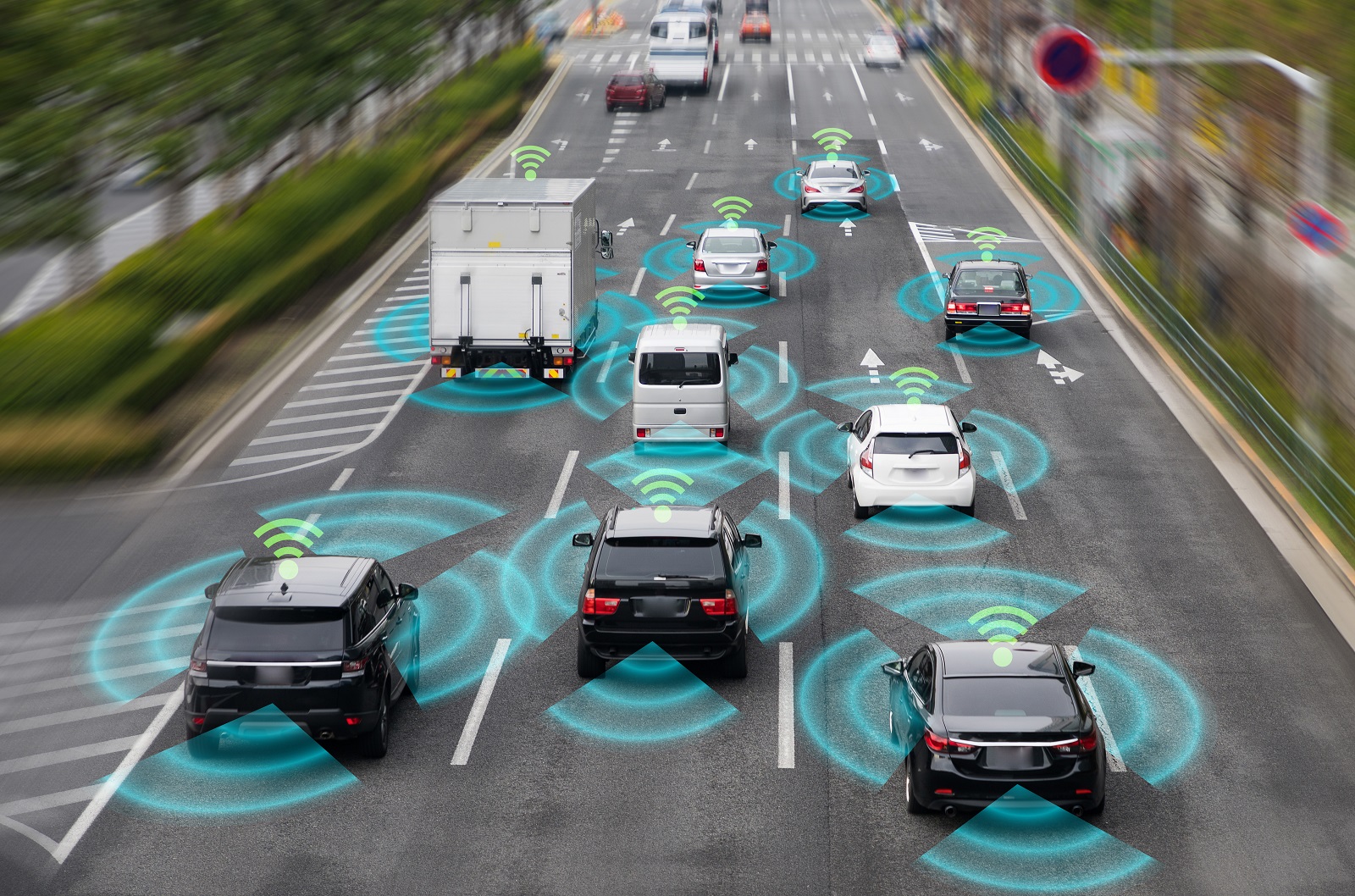
Image Credit: Shutterstock / metamorworks
While the promise of self-driving cars is exciting, numerous challenges remain before they become a common sight on our roads. Overcoming these hurdles will take time, innovation, and cooperation across many sectors.
2024’s Most Anticipated Car Releases: What’s Coming Soon

Image Credit: Shutterstock / canadianPhotographer56
If you love cars, 2024 is shaping up to be an exciting year. New models are rolling out with more power, better tech, and some fresh designs that could change the game. Here’s the scoop on the top cars hitting the streets soon. 2024’s Most Anticipated Car Releases: What’s Coming Soon
21 Mods That Make Your Car Illegal

Image Credit: Shutterstock / macondo
Car modifications can enhance style and performance, but not all modifications are legal. Here are 21 illegal car modifications that can get you in trouble with the law across various states. 21 Mods That Make Your Car Illegal
10 American Classic Cars That Define a Generation

Image Credit: Shutterstock / Krisz12Photo
American classic cars are symbols of their eras, each telling a story of its time and capturing the essence of car culture. Here are ten classics that defined generations. 10 American Classic Cars That Define a Generation
Featured Image Credit: Shutterstock / metamorworks.
For transparency, this content was partly developed with AI assistance and carefully curated by an experienced editor to be informative and ensure accuracy.
